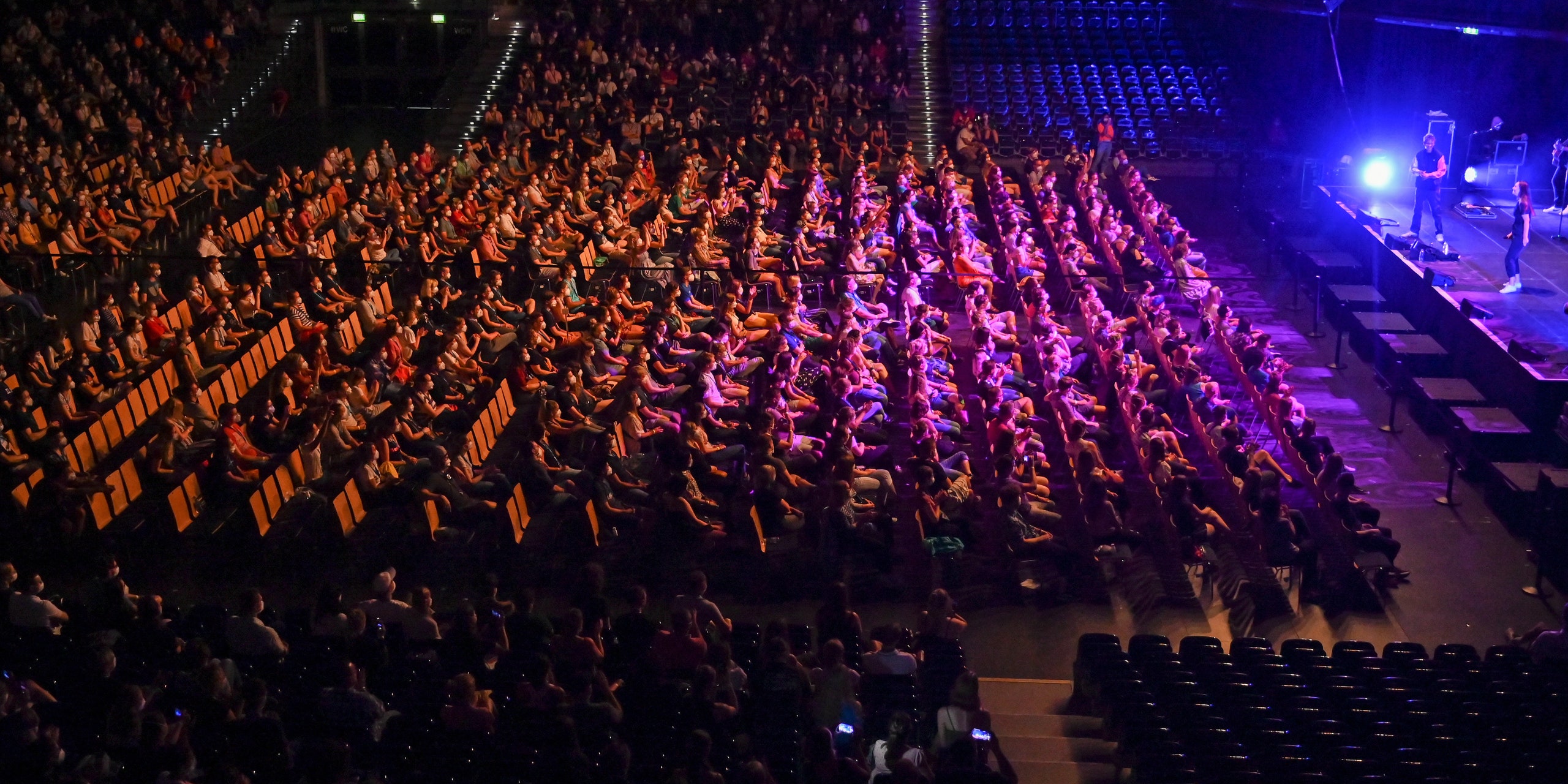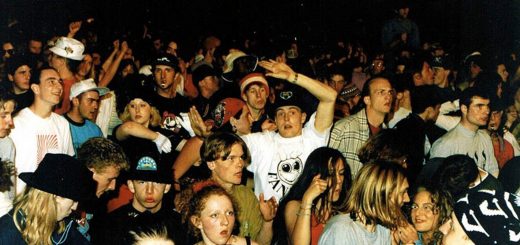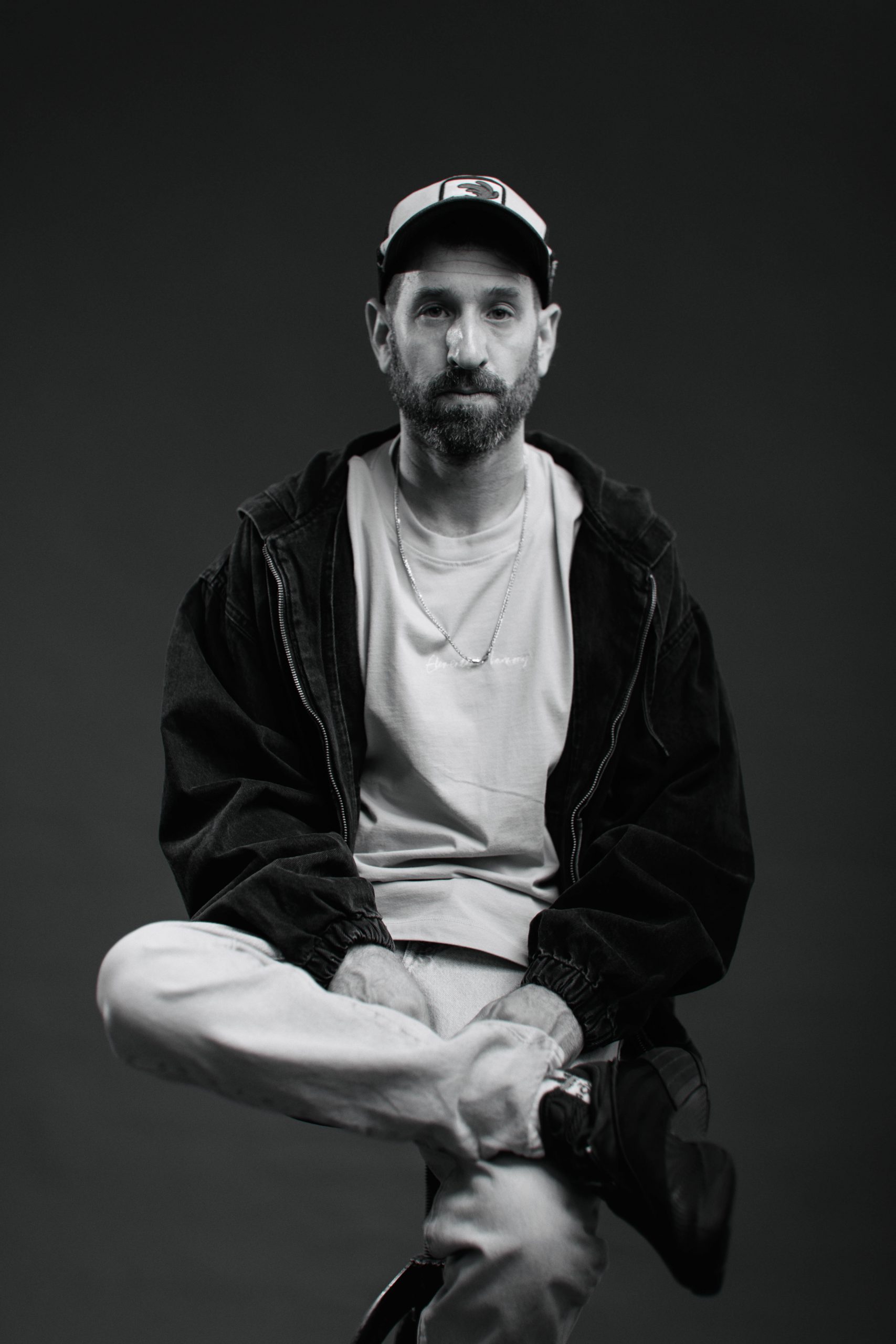The summer of 2020 was one of the least eventful ones we have ever had. Due to the situation with Coronavirus (COVID-19), there was no choice but to cancel or postpone concerts and festivals, and the fate of next year is still uncertain. However, German scientists may have found a solution for organisers and venues to create a safer environment for indoor events. They conducted a coronavirus experiment in Leipzig on August 22, organised by Martin Luther University Halle-Wittenberg. The 1212 participants involved tested negative for SARS-CoV-2 within 2 days before the study and wore masks during the concert. The scientists simulated 3 different scenarios over the course of 10 hours with various levels of social distancing and safety measures while German pop singer Tim Bendzko performed.
The first one was set in a pre-pandemic setting, with no social distancing at all. The second situation included more entrances to reduce crowding and a checkerboard pattern seating with more space between the participants. The final scenario was the most restricted, allowing people to sit only in pairs keeping a 1.5 meter distance from the next pair, besides people had access to even more points of entry.
Scientists gave each person an electronic contact tracing device to record their movements in the stadium. Hand sanitisers and fluorescent marking sprays were also provided to every participant to track which surfaces they most frequently touched. A smoke machine helped people to visualise the aerosols which play an important role in the spread of the virus. Similarly to a concert prior COVID-19, the attendees had the opportunity to go to the bathroom and to buy food and drink from vendors during the break.
Although other researchers and health care professionals are skeptical about the results, a few important lessons have been learned. If organisers implement rigorous hygiene protocols and make sure that the venues have proper ventilation and limited capacity, the risk of spreading the virus during indoor concerts is “low to very low” as the German scientists suggest.
As Michael Gekle, the dean of the medical faculty at the university stated:
“That’s the problem of every study, that it’s not the ‘real world […] So we faced the option of either remaining without data or having data that doesn’t completely reflect the normal context, but it’s still halfway there. And halfway is still better than nothing at all.”
Image Credit: Hendrik Schmidt/picture alliance via Getty Images




























